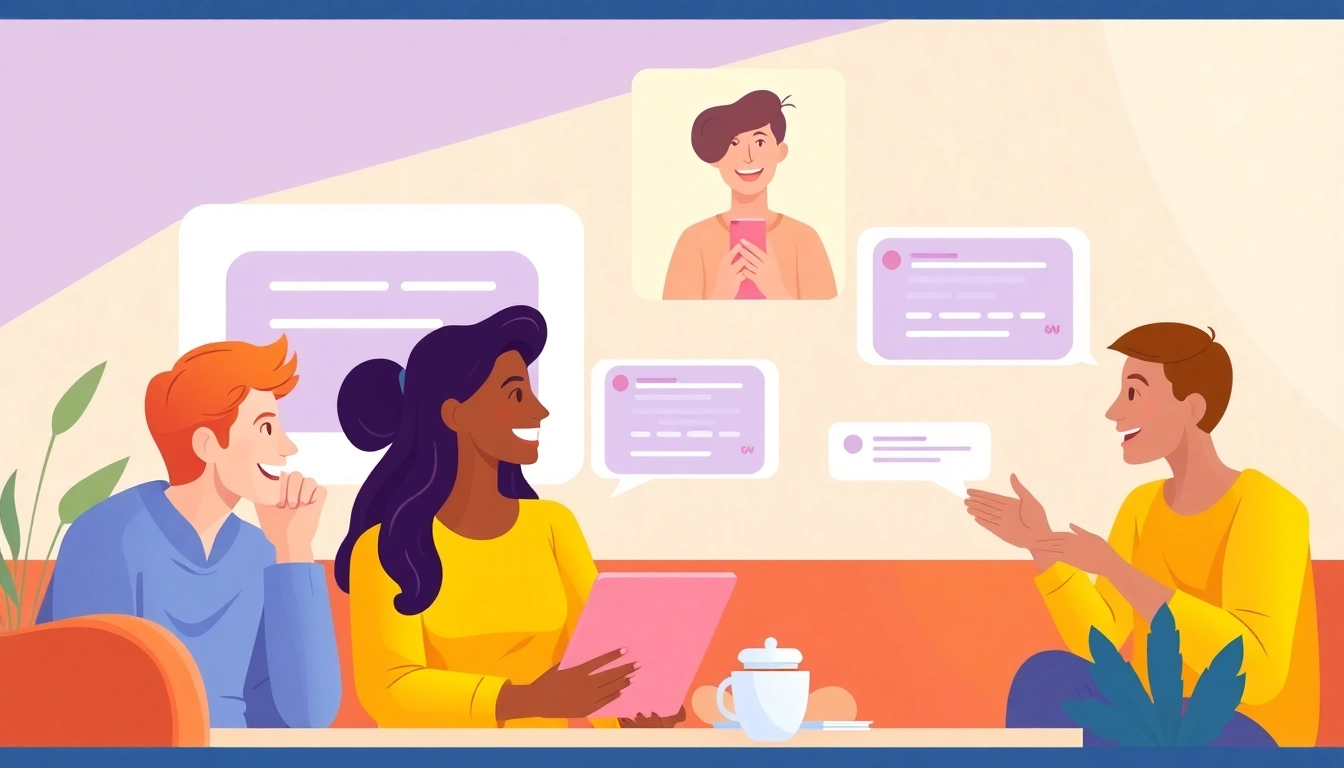Understanding the Impact of Relationship Breakup
Emotional Reactions to Relationship Breakup
Ending a relationship can unleash a torrent of emotions that often feels overwhelming. It’s not merely a situation of breaking up but losing an integral part of your life—physical presence, emotional support, shared dreams, and future aspirations. Emotional responses can manifest as anger, sadness, guilt, confusion, and even relief. These feelings are entirely normal and should be anticipated as part of the grieving process.
The intensity and duration of these emotions can vary from person to person. For some, intense feelings are immediate and overwhelming; for others, they might build over time. Recognizing that emotional reactions are a part of the process is critical. The aftermath of a relationship breakup often brings a mixture of nostalgia and regret, mingled with sadness. It’s vital to allow yourself to feel these emotions consciously without judgment.
Psychological Effects of Relationship Breakup
Research indicates that experiencing a breakup can lead to significant psychological effects, including anxiety, depression, and even chronic stress. The discomfort associated with breakups can be attributed to the disruption of bonding that occurs in intimate relationships. When the bond is severed, it can lead to feelings of rejection and abandonment.
Moreover, a breakup can deeply impact a person’s self-esteem. Questions such as “Am I not good enough?” or “Why wasn’t I chosen?” may plague your mind. This mental turmoil can escalate into long-term issues if left unaddressed. It’s essential to recognize these psychological effects and consider them when processing the end of a relationship.
The Importance of Acceptance in Relationship Breakup
Acceptance is a vital step in healing from a breakup. It’s often the hardest part but also the most crucial. Accepting the reality of the situation means acknowledging that the relationship is over and allowing oneself to feel the associated pain. This transition from denial—where individuals may cling to hope that the relationship can be revived—to acceptance is essential for moving forward.
To facilitate acceptance, you might need to reflect upon the relationship’s positives and negatives. Acknowledging both its joys and challenges allows you to appreciate what the relationship brought into your life while freeing you to let it go. Acceptance, rather than resistance to feelings, fosters healing and personal growth.
Coping Strategies for Relationship Breakup
Healthy Ways to Process Grief After Relationship Breakup
The grieving process following a breakup is natural and healthy. However, it’s essential to approach this grief in ways that are constructive rather than self-destructive. Journaling is one method that promotes emotional clarity, as it allows individuals to articulate their thoughts and feelings in a safe space.
Engaging in physical activity can also be beneficial, as exercise releases endorphins, which can combat feelings of sadness. Techniques such as yoga and meditation can help you maintain emotional balance by promoting mindfulness and reducing stress. Finding a hobby or interest can redirect your energy toward productive outlets and boost your mood.
Strengthening Resilience Post Relationship Breakup
Resilience—a person’s ability to bounce back from adversity—is key in navigating the emotional chaos of a breakup. Strengthening your resilience can be achieved through various means. Social support is paramount; surrounding yourself with friends and family can provide not only emotional comfort but also practical help as you navigate the transition.
Additionally, setting small, achievable goals can foster a sense of accomplishment and purpose. This goal-setting can involve personal improvements, such as picking up a new skill, focusing on career aspirations, or committing to self-care routines. This proactive approach builds confidence and helps foster new beginnings post-breakup.
Seeking Support During Relationship Breakup
Isolation can be one of the most detrimental responses to a breakup. Engaging with your support network—whether it’s friends, family, or support groups—can ease the emotional burden you’re experiencing. Speaking openly about your feelings with those you trust helps process grief and facilitates healing.
In cases where emotions feel particularly overwhelming, professional help from a therapist or counselor can be invaluable. They can provide strategies tailored to your situation and assist in coping with any feelings of depression or anxiety stemming from the breakup. Seeking professional support is not a sign of weakness but a commitment to personal health and well-being.
Common Mistakes to Avoid Following a Relationship Breakup
Avoiding Isolation After Relationship Breakup
One of the most significant mistakes following a breakup is to retreat into isolation. While solitude might seem comforting, it often exacerbates feelings of loneliness and despair. Instead, encourage social interactions, even if it’s a simple coffee date with a friend or a family visit.
Plan regular social activities that engage and distract you from the constant ruminations of the breakup. This also aids in reinforcing that connection can help mend heartache. Reaching out to others will not only benefit your psyche but also reaffirm your value in the social fabric.
Recognizing Harmful Coping Mechanisms From Relationship Breakup
During emotionally turbulent times, it’s easy to resort to harmful coping mechanisms, such as excessive drinking, substance abuse, or engaging in risky behaviors. Recognizing these tendencies is critical, as they can create a vicious cycle that leads to further problems and deeper emotional distress.
Instead of seeking solace in these unhealthy outlets, focus on constructive methods of coping. Engage in activities that challenge you physically and mentally, allowing for a shift in focus away from the pain. Activities that foster creativity, like painting or writing, can help channel your feelings into something positive.
Staying Away From Revenge Behaviors After Relationship Breakup
It’s not uncommon to harbor feelings of anger or resentment post-breakup, leading some to contemplate revenge behaviors against their ex-partners. While this may provide a fleeting sense of satisfaction, it can intensify negative emotions and prevent genuine healing.
Rather than engaging in vindictive actions, channel that energy into personal empowerment. Reflect on what you’ve learned from the relationship and use that knowledge to better yourself. Focusing on constructive growth rather than retribution puts your energy toward healing instead of escalating pain.
Tips for Finding Closure After a Relationship Breakup
The Role of Communication in Achieving Closure From Relationship Breakup
Achieving closure post-breakup often involves clear, honest communication. If both parties are amenable, discussing feelings about the relationship’s end can be enormously beneficial. This conversation allows for the expression of unresolved feelings and fosters a mutual understanding of the situation.
It’s essential, however, to approach such discussions with respect and care. Try to articulate feelings without assigning blame. Be prepared to listen and accept your ex-partner’s perspective. Engaging in such dialogue can illuminate the relationship’s lessons and help both parties move forward.
Creating Rituals to Mark the End of a Relationship Breakup
Establishing closure can also be symbolic in nature. Creating a ritual to mark the end of the relationship can have profound effects. This could involve a symbolic act, such as returning gifts or mementos to your ex or engaging in a final activity together.
Some individuals find personal closure through self-administered rituals, such as writing a letter to the ex-partner (whether sent or not) to voice lingering thoughts. You might even consider holding a personal ceremony, where you acknowledge the end of the relationship and set intentions for your future.
Reflections and Insights Gained Post Relationship Breakup
In the aftermath of a breakup, reflection is key. Consider journaling your insights, which can help facilitate personal understanding and growth. Ask yourself what you’ve learned—not just about the relationship itself, but about your needs, desires, and boundaries.
Assess what worked and what didn’t, and identify patterns in your relationship behavior. This reflection can provide valuable insights that empower you in future relationships, helping you make more informed choices and fostering healthier dynamics.
Moving Forward: Finding New Paths After a Relationship Breakup
Rebuilding Self-Identity After Relationship Breakup
A relationship breakup can leave individuals feeling lost, as the identity that was closely tied to the partnership begins to dissolve. To rebuild your identity, revisit aspects of yourself that may have taken a backseat during the relationship. Explore interests and pursuits that are authentically you, outside of your previous partnership.
Engaging with your passions, whether academic, artistic, or recreational, can foster a sense of self and independence. Taking classes, adopting new hobbies, or spending time on personal development nourishes your individuality and helps reconstruct your self-image.
Exploring New Relationships Following a Relationship Breakup
Once you’ve taken time to grieve and reflect, entering new relationships can become a possibility. However, it’s vital to ensure you are ready. Take time to assess your emotional state, recognizing patterns from past relationships to avoid repeating mistakes. When you feel confident in your newfound self, gradually explore social circles for potential connections.
Every new relationship comes with its own set of challenges and rewards. Approach them with an open heart and mind, while keeping a healthy balance between vulnerability and resilience. Establishing boundaries early on will increase your chances of engaging in a healthy dynamic.
Embracing Personal Growth After Relationship Breakup
The end of a relationship can act as a catalytic moment for immense personal growth. Use this time to invest in yourself—physically, emotionally, and spiritually. Seek out experiences that challenge you to step outside your comfort zone.
Consider therapy or self-help resources that promote emotional intelligence, resilience, or personal development. Align yourself with new goals and aspirations that enrich your life. Understand that this period of transition—while painful—is equally an opportunity to emerge stronger, wiser, and ready to embrace the next chapter of life.



